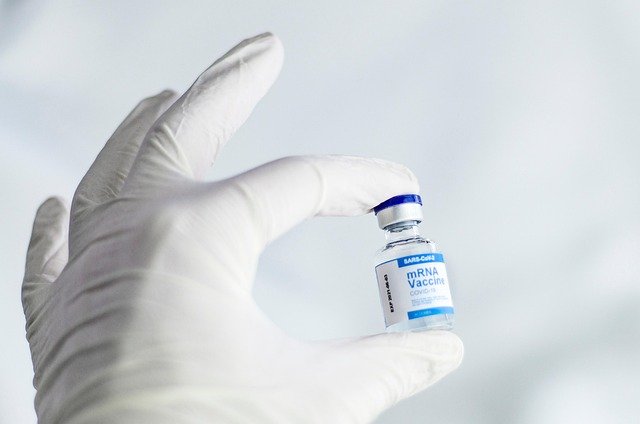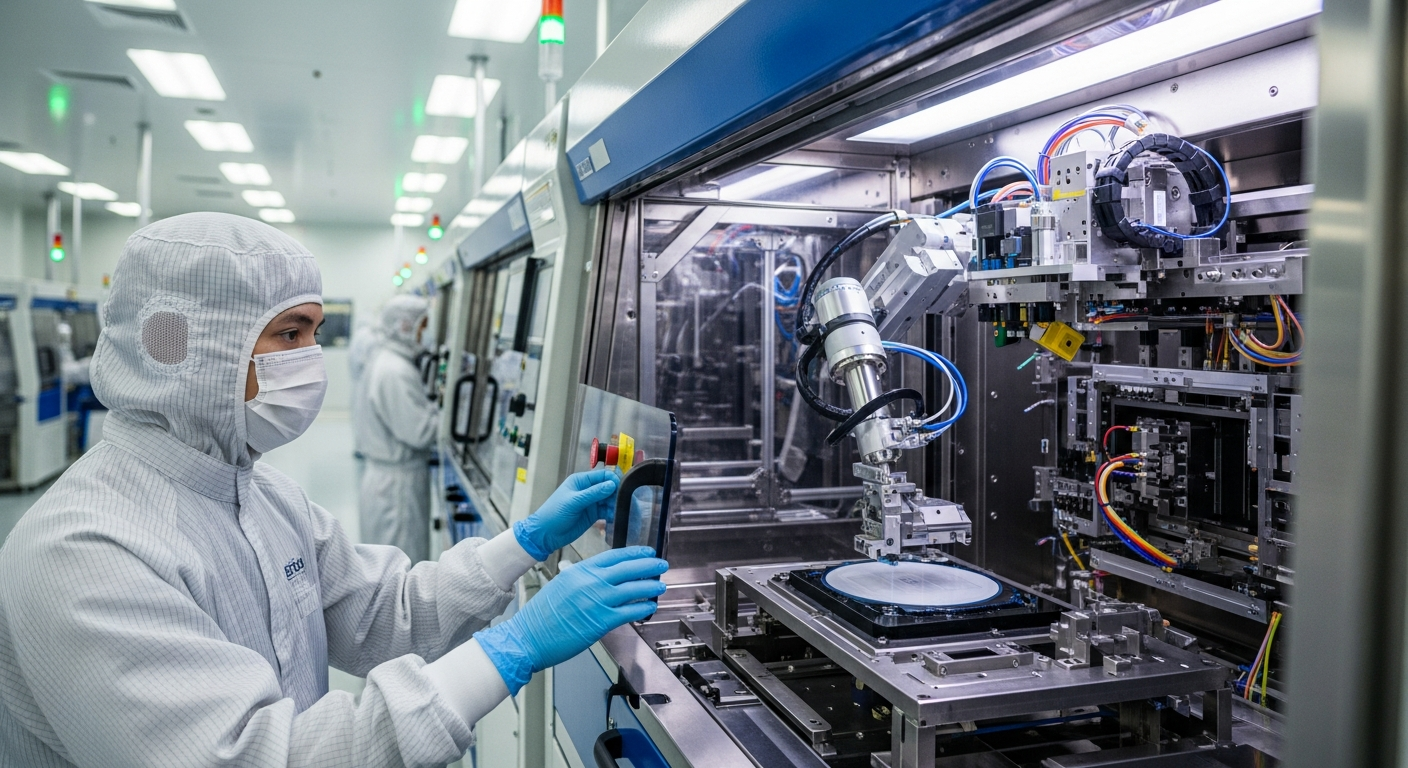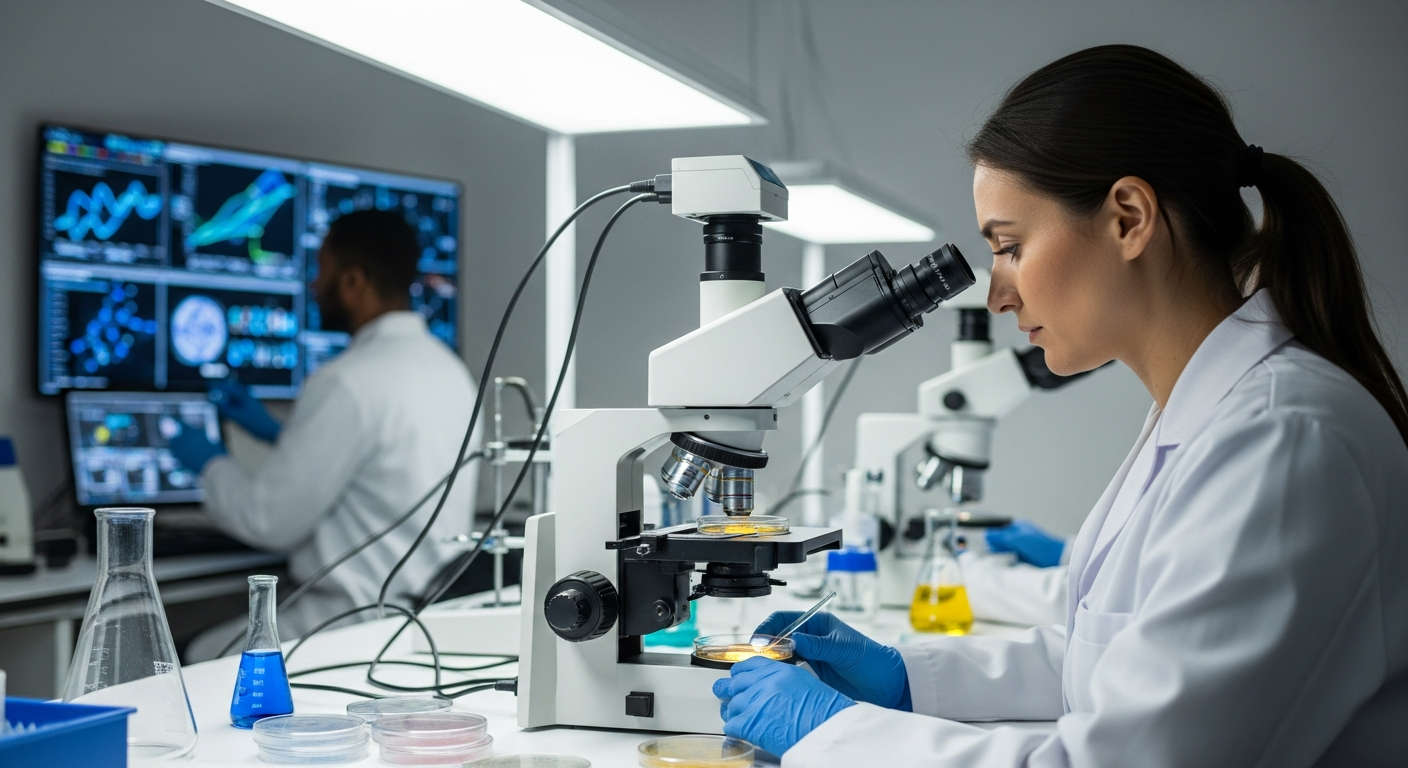Chronomedicine: Revolutionizing Healthcare Through Time-Based Treatments
How often have you wondered why certain medications seem more effective at specific times of day? Or why your body responds differently to treatments depending on when they're administered? The emerging field of chronomedicine might hold the answers, offering a groundbreaking approach to healthcare that could transform how we prevent, diagnose, and treat diseases.

The concept of chronomedicine isn’t entirely new. Ancient healing practices, including Traditional Chinese Medicine and Ayurveda, have long recognized the importance of timing in treatments. However, it’s only in recent decades that modern science has begun to unravel the complexities of our internal timekeepers and their impact on health.
The Science Behind Biological Rhythms
At the heart of chronomedicine lies the study of circadian rhythms – the internal biological clocks that regulate various physiological processes. These rhythms are controlled by a master clock in the brain called the suprachiasmatic nucleus (SCN), which responds to environmental cues like light and darkness.
Research has shown that nearly every cell in our body has its own circadian clock, coordinated by the SCN. These cellular timekeepers influence the expression of thousands of genes, affecting everything from metabolism to cell division. Understanding these rhythms provides crucial insights into when the body might be most receptive to certain treatments or more vulnerable to specific diseases.
Chronomedicine in Practice
The application of chronomedicine spans various medical fields, offering promising results in areas such as cancer treatment, cardiovascular health, and pain management. For instance, studies have shown that the timing of chemotherapy can significantly impact its effectiveness and side effects. By administering drugs when cancer cells are most vulnerable and healthy cells are more resistant, oncologists can potentially improve treatment outcomes while reducing toxicity.
In the realm of cardiovascular health, chronomedicine has revealed that blood pressure medications may be more effective when taken at night rather than in the morning. This timing aligns with the body’s natural blood pressure fluctuations, potentially offering better control and reducing the risk of heart attacks and strokes.
Challenges and Future Directions
While chronomedicine shows great promise, it also faces several challenges. One of the primary hurdles is the variability in individual circadian rhythms. Factors such as age, genetics, and lifestyle can influence a person’s internal clock, making it difficult to establish universal treatment timings.
Additionally, the implementation of chronomedicine requires a shift in traditional healthcare approaches. It demands more personalized treatment plans and potentially complex medication schedules, which can be challenging for both healthcare providers and patients to manage.
Despite these challenges, the future of chronomedicine looks bright. Advances in wearable technology and artificial intelligence are making it easier to track and analyze individual circadian rhythms. This could lead to highly personalized treatment plans tailored to each patient’s unique biological rhythms.
Fascinating Facts About Chronomedicine
-
The Nobel Prize in Physiology or Medicine was awarded in 2017 for discoveries of molecular mechanisms controlling circadian rhythms
-
Studies suggest that over 50% of the best-selling drugs in the United States target the product of circadian genes
-
Jet lag is a common example of circadian rhythm disruption, affecting millions of travelers each year
-
Shift work, which disrupts natural circadian rhythms, has been classified as a probable carcinogen by the World Health Organization
-
Chronomedicine research has shown that the liver is most active in processing medications in the morning
As we continue to unravel the intricate relationship between time and health, chronomedicine stands poised to revolutionize healthcare. By aligning treatments with our body’s natural rhythms, we may unlock new levels of effectiveness in disease prevention and treatment. While challenges remain, the potential benefits of this time-based approach to medicine are undeniable, offering hope for more personalized, efficient, and less invasive healthcare solutions in the future.






